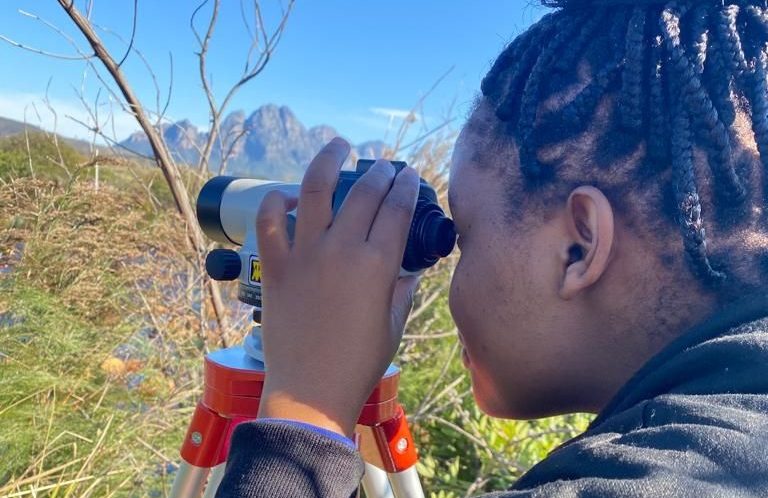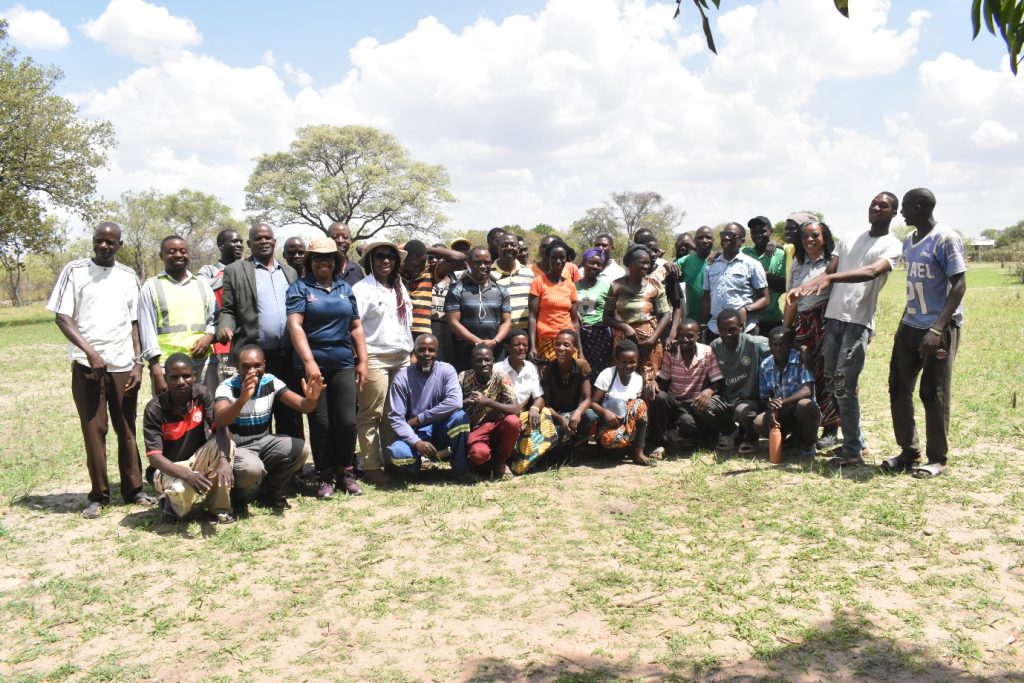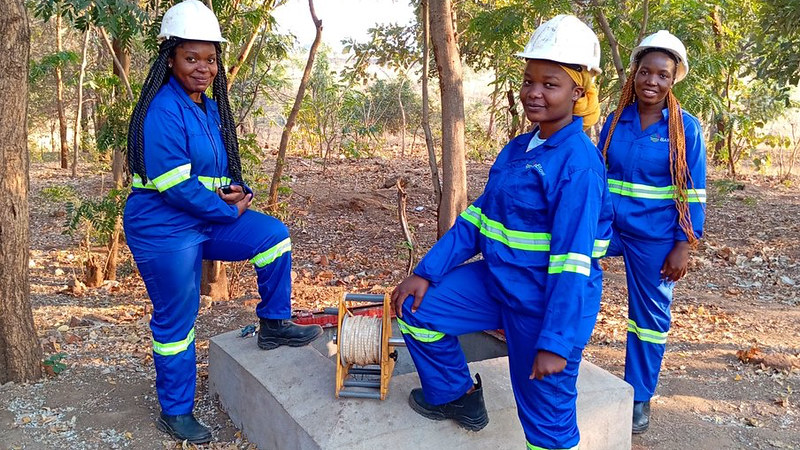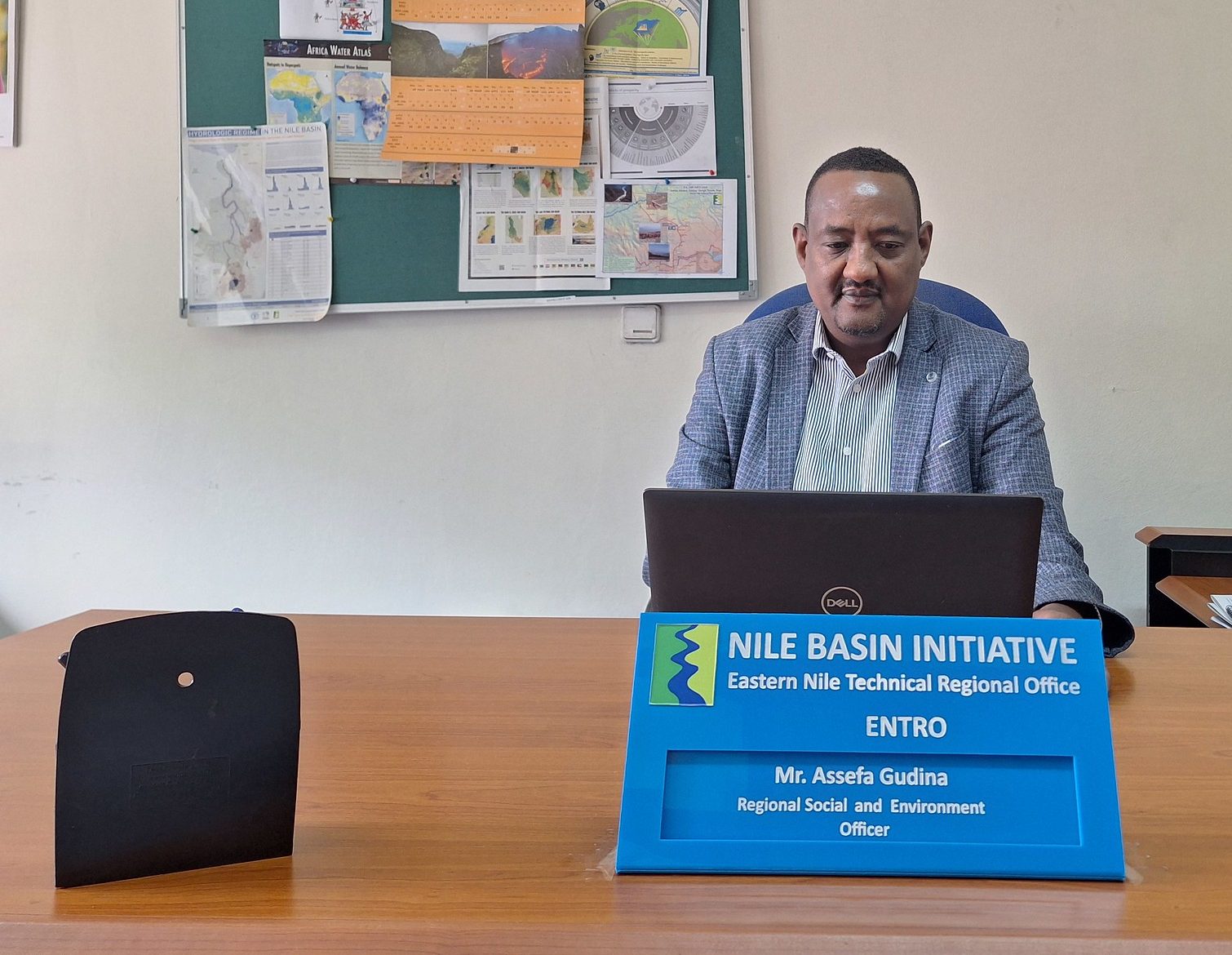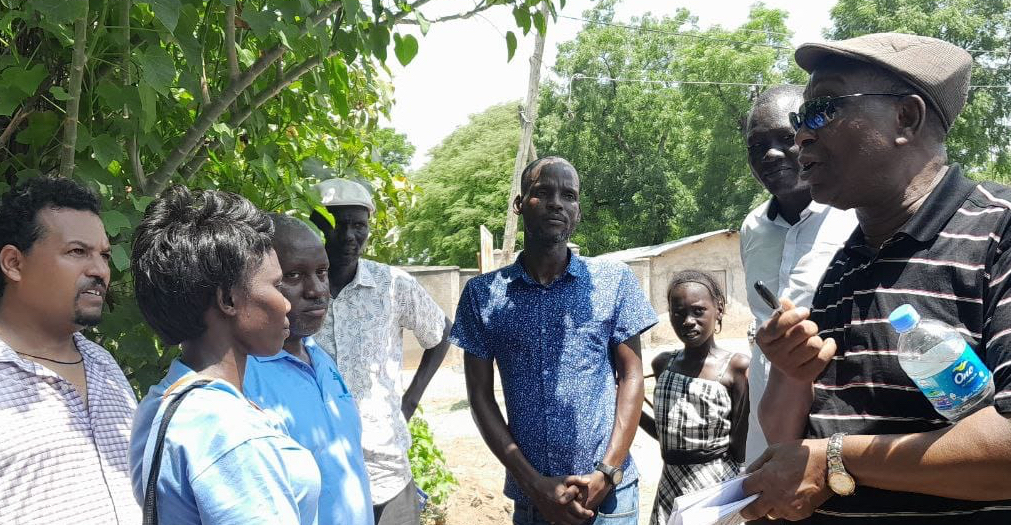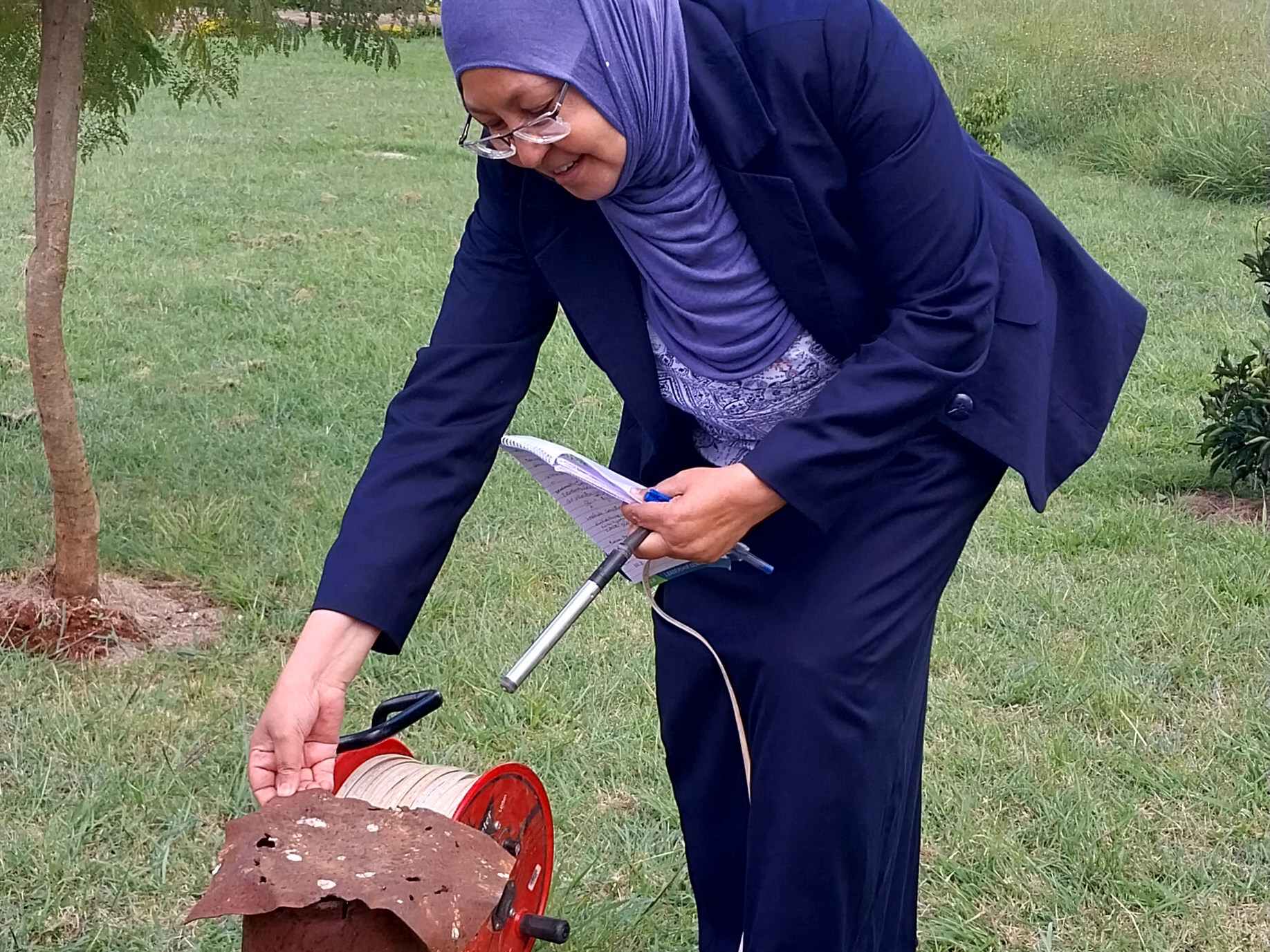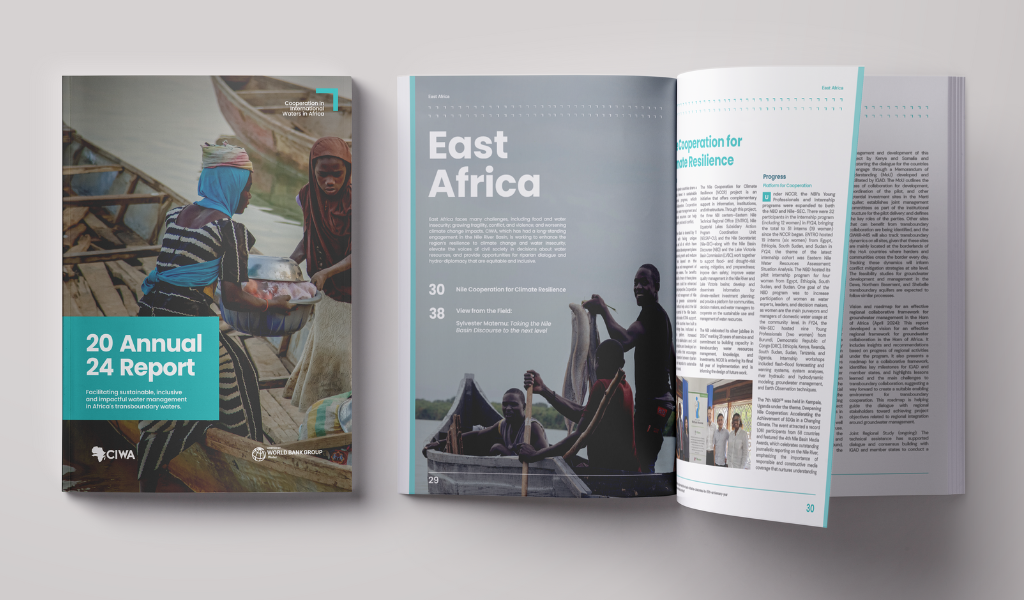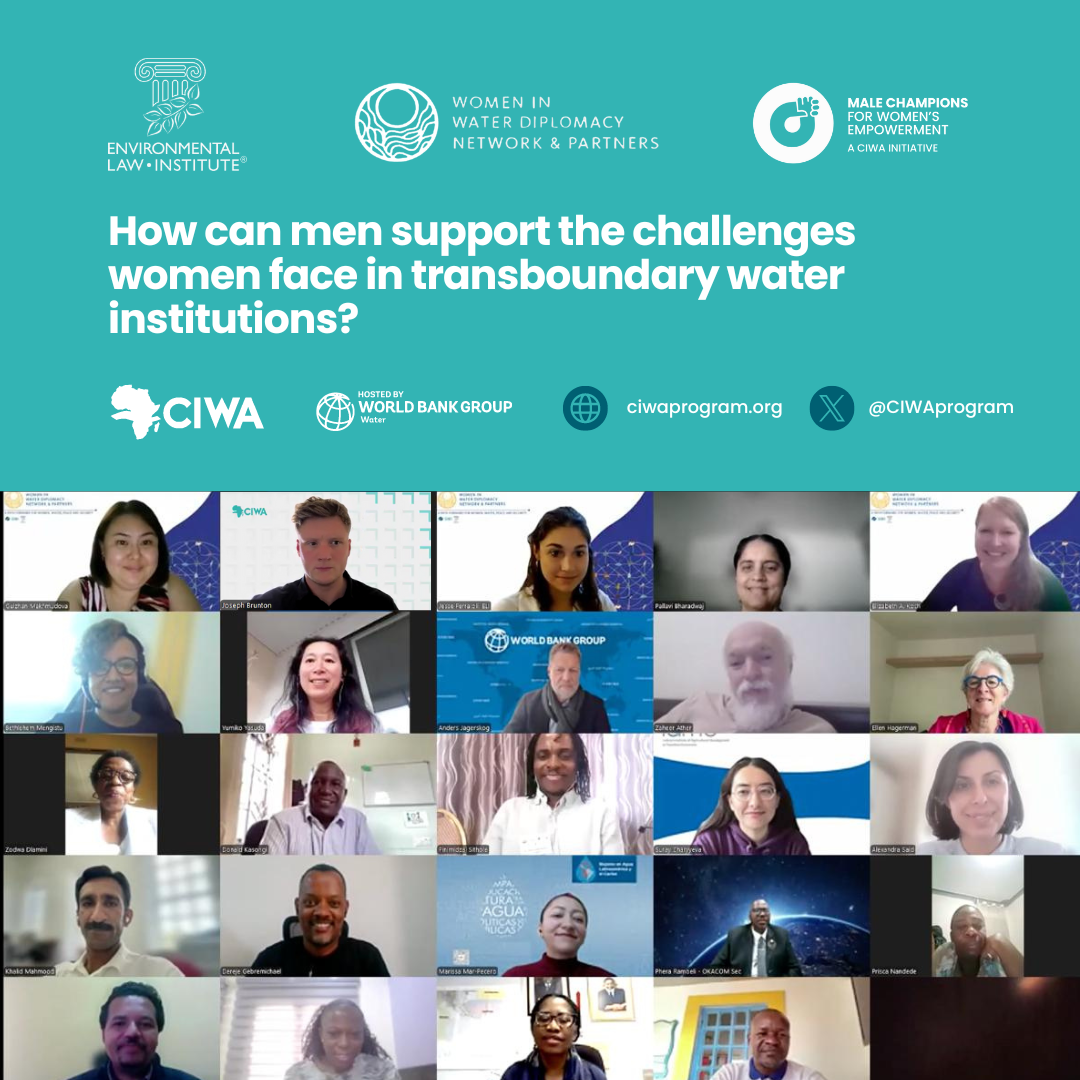Researching the effects of groundwater-dependent invasive species in South Africa
Posted in : A View From The Field on 7 April 2025
In South-Africa, a water-stressed country, some species pose risks to groundwater-dependent ecosystem services and groundwater conservation. Read the story of Mmasechaba Lebogang Moropane whose work is to detect and map the extent of invasive species that rely on groundwater in the Heuningnes Catchment in the Western Cape province.
Rethinking water security in a water-insecure world
Posted in : Blog on 21 March 2025
“Every time disaster strikes, you rush to bring relief. Why don’t you do more to prevent it?” The words came from a teenage girl standing amid the devastation of the Odisha Super Cyclone in Eastern India in 1999. At the time, I was a member of the Indian Administrative Service, coordinating relief efforts 48 hours […]
Building drought resilience nurtures livelihoods and hope in Southern Africa
Posted in : Blog on 12 March 2025
Today, CIWA is enhancing drought resilience through its Sustainable Groundwater Management in SADC Member States initiative. Now in its second phase, the project is building capacity for sustainable groundwater management; knowledge development, dissemination, and advocacy; resilient livelihoods; and inclusive groundwater management.
Making Africa’s Water Workplaces Welcoming for Women
Posted in : Blog on 5 March 2025
As the world prepares to celebrate International Women’s Day on March 8, with a call to collectively #AccelerateAction, the World Bank’s Cooperation in International Waters in Africa (CIWA) is more committed than ever to transforming transboundary water resources organizations into more equitable, diverse, and inclusive workplaces.
A male champion for gender equality
Posted in : Blog on 3 March 2025
In the male-dominated transboundary water sector, men who support gender equality are well-positioned to challenge cultural norms about gender roles and advocate with other men to advance women’s equality and empowerment in water resources institutions. Assefa Gudina explains how he wants to change things.
Taking the Nile Basin Discourse to the next level
Posted in : Latest on 12 February 2025
Without nature, we are nothing,” says Sylvester Matemu, who became head of the Nile Basin Discourse in 2024. “Without nature, we cannot do anything. That perspective underlies Matemu’s passion for protecting water resources and involving communities in gathering data about water and adapting to climate change. CIWA previously supported NBD with projects totaling over US$5 […]
Calming conflict through groundwater resilience
Posted in : Blog on 18 January 2025
Igbal Salah, a hydrologist at IGAD, is doing her part to minimize conflict in the borderlands of the HoA by working with CIWA on its Untapping Resilience: Groundwater Management and Learning in the Horn of Africa’s Borderlands initiative and the related World Bank GW4R program. Read the latest CIWA blog on Horn of Africa.
Going Beyond Water: CIWA Program Unveils 2024 Annual Report
Posted in : Blog on 13 December 2024
This year, the Annual Report 2024 is available in flipbook version. The Cooperation in International Waters in Africa (CIWA) Partnership worked diligently and successfully in the 2023-2024 fiscal year to address mounting challenges including climate change, conflict, and instability across Sub-Saharan Africa. There was a civil war in Sudan. A coup in Niger. Conflicts in […]
Namibia: Bridging the Gender Gap in Groundwater Resources Management
Posted in : Blog on 20 November 2024
In the field of groundwater resources management, a pressing question often emerges: are we truly equipping women with the necessary tools and opportunities to thrive, or are we simply attempting to plug the gender gap without tackling the root causes of gender inequality and discrimination? Despite considerable progress in gender equality across various sectors, including […]
How can men intentionally stand up for women?
Posted in : Blog on 28 October 2024
Highlights from the online Seminar co-hosted by Women in Water Diplomacy Network (WWDN) and CIWA Program’s Male Champions for Women ’s Empowerment (MCWE).



